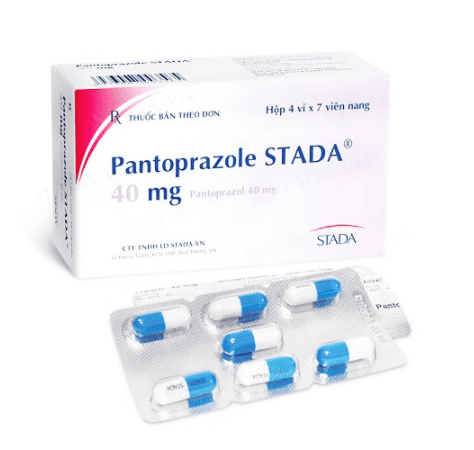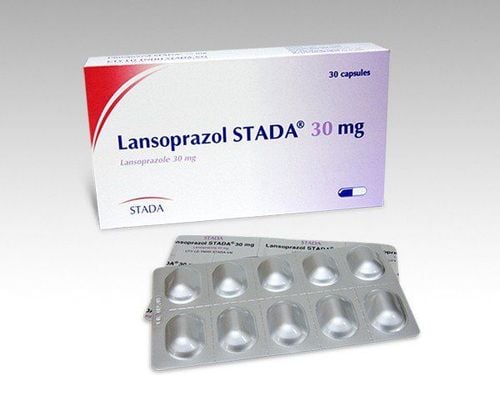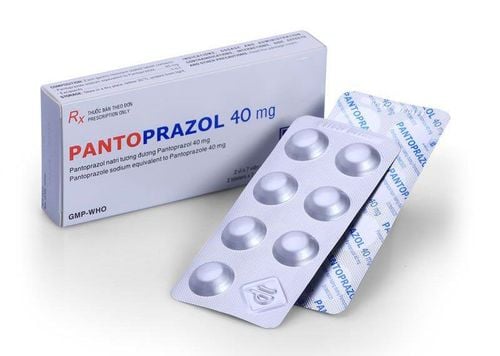This is an automatically translated article.
Calcium Carbonate is a mineral used to supplement this ingredient to prevent and treat some symptoms of the body. So what is Calcium Carbonate? What does Calcium Carbonate do? Check out the article below for more useful information.
1. What is Calcium Carbonate?
Calcium Carbonate is a drug belonging to the group of minerals and vitamins prepared in the form of tablets to help provide Calcium Carbonate ingredients for the body. This active ingredient is used to improve the patient's condition by neutralizing mechanism to reduce acid reflux. In addition, the drug can also be used to prevent or treat hypocalcemia.
2. What effect does Calcium Carbonate have?
Calcium Carbonate is indicated for use in the prevention, control and treatment of body syndromes such as:
Blood calcium disorders Ợ gas, heartburn Gastroesophageal reflux Indigestion Calcium Carbonate has some anti-inflammatory properties. indicated when the patient has one of the following cases:
Kidney diseases such as kidney failure, kidney stones,... Bone tumors Sarcoidosis Hyperactive parathyroid glands High blood calcium levels Severely dehydrated body
3. How to use Calcium Carbonate
The use of Calcium Carbonate depends on the disease condition and the response to treatment of each patient. In which the recommended dosage includes:
Adults with osteoporosis: Use a dose of 2500-7500 mg/day, divided into 2-4 doses. Adults with hypocalcemia: Use a dose of 900-2500 mg/day divided into 2-4 doses. The dosage used in this case can be adjusted if necessary to achieve normal serum calcium levels. Adults with digestive disorders: Take 300-8000 mg/day orally and divided into 2-4 doses. Your doctor may increase your dose as needed to help relieve stomach upset symptoms. Absolutely do not exceed the maximum daily dose and last for more than 2 weeks, unless directed by a doctor. Adults with duodenal ulcer: Take about 1250 - 3750 mg / day and divided into 2 - 4 times. The physician may consider increasing the dose as needed to reduce patient discomfort. Adults with peptic ulcer: Take 1250-3750 mg/day and divided into 2-4 times. The physician may consider increasing the dose as needed to reduce patient discomfort.
4. Some side effects when using Calcium Carbonate
In the process of using Calcium Carbonate may cause some unwanted effects such as: Nausea, vomiting, constipation, headache, loss of appetite,... If these symptoms persist and do not improve. The patient should contact the doctor for treatment.
5. Interactions between Calcium Carbonate and other drugs
Calcium Carbonate may interact and cause unwanted reactions or affect the quality of treatment when used at the same time with the following drugs: Alendronate, Ciprofloxacin, Calcium acetate, Doxycycline, Digoxin, Levofloxacin, Sodium polystyrene sulfonate, Potassium phosphate. Therefore, patients need to report to their doctor about all medications, herbal supplements, vitamins that are currently taking so that the doctor can help you prevent or control drug interactions.
Please dial HOTLINE for more information or register for an appointment HERE. Download MyVinmec app to make appointments faster and to manage your bookings easily.













